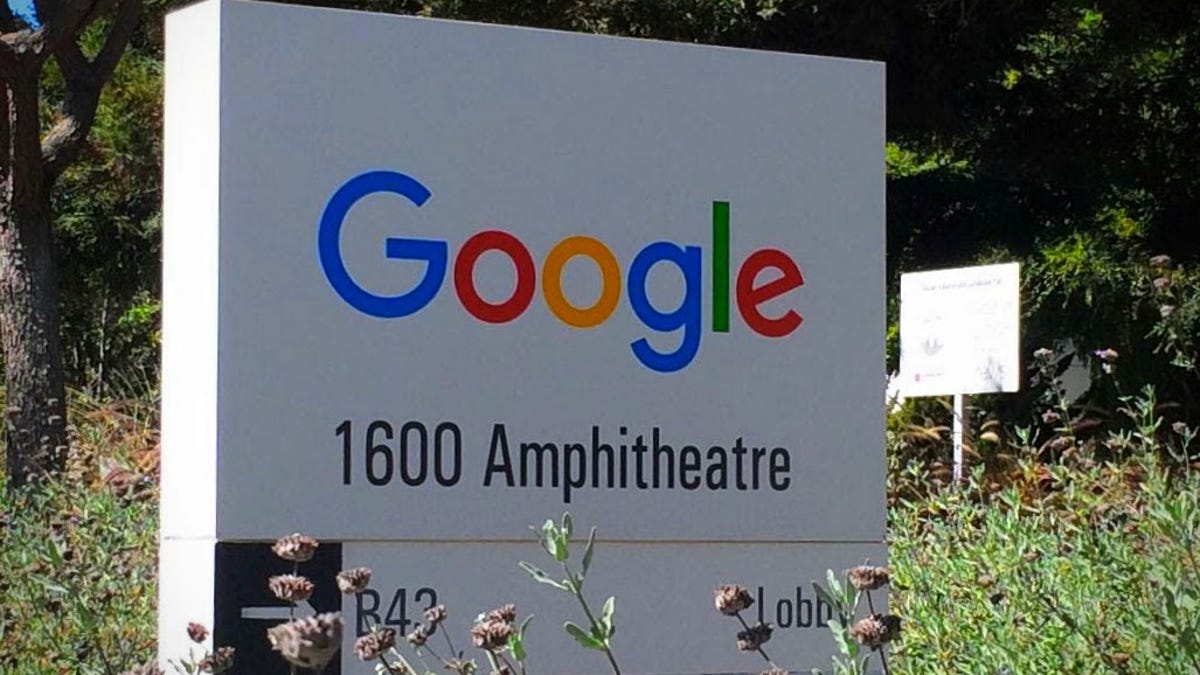Google may be all-in on hardware, but it's all about search
The internet giant has its hand in a lot of things, from Wi-Fi routers to driverless cars. But the reason it makes so much money has nothing to do with devices. The company's CFO also gives more detail around the "pause" of Google Fiber.

Even though Alphabet has several disparate investments, its search engine brings in the cash.
You'd be forgiven if you thought Google was moving beyond its search engine, which allowed it to become one of the most powerful companies on the planet.
After all, Google's biggest recent announcements have been around devices: a new phone called Pixel, the first real Google phone; a smart home hub; a new streaming video device; and a Wi-Fi router. The company also regularly makes headlines for more ambitious fare: driverless cars, Wi-Fi-beaming balloons and delivery drones.
Four times a year, however, we get a stark reminder of what makes all those things possible. No surprise, the cash cow is the Google search engine. Quarter after quarter.
On Thursday, Alphabet, Google's parent company, said it recorded $22.4 billion in sales in the three months ended September 30, surpassing analyst forecasts of $22.05 billion. Roughly 90 percent of that revenue came from advertising, particularly search ads.
Profit, after some costs, came in at $9.06 a share, compared to analyst expectations of $8.64 per share.
"Once again, the primary driver was mobile search," Alphabet CFO Ruth Porat said during a conference call with analysts. The company has made big investments in trying to make sure Google is still the top choice in search, even as people spend more time on their phones and less time on desktop computers.
Still 'committed' to Fiber's vision
The people who run Alphabet know Google's success in search allows the company to pursue its ambitions in other areas. To highlight that success, they restructured as a holding company last year.
Under Alphabet, the search engine and other core internet services, like Gmail and Maps, remained part of Google. Other divisions, like X, the moonshot factory, and Verily, a life sciences effort, became separate companies under Alphabet. Those are the "other bets" Porat is referring to.
The beauty of that structure? It allows Alphabet to highlight how much money search services make even as it spends on other projects.
And that's helpful because Google's search business rakes it in as other parts of the Alphabet empire struggle.
Nest, a smart home unit, went through a very public debacle earlier this year when employees complained about the direction of the company. CEO Tony Fadell ended up stepping down. Earlier this week, Google Fiber said it was putting its expansion plans on "pause" and Craig Barrett, CEO of the project, stepped down. He said layoffs are coming.
"As we reach for moonshots that will have a big impact in the longer-term, it's inevitable that there will be course corrections along the way and that some efforts will be more successful than others," Porat said.
Porat did say Alphabet is still "committed" to Fiber's mission of providing "always-fast" networks. She added the decision to pause its expansion is based on the company's desire to "better integrate some of the technology work we've been developing" for the project, instead of going full steam ahead with deploying Fiber in new cities.
Those newer businesses have a lot more kinks to figure out than Google's core internet services, and Porat said investors should take a long-term view.
Back at the search engine business, though, it's business as usual.
Updated, 3:41 p.m. PT: Adds information from Alphabet's conference call with analysts.

